With pressure mounting on Ruben Amorim after Manchester United’s poor Premier League start, speculation is growing over who could step in if the Portuguese manager is dismissed. From seasoned winners like Zinedine Zidane and Gareth Southgate to tactical innovators such as Xavi, Oliver Glasner, and Andoni Iraola, several high-profile coaches are being linked with the Old Trafford hot seat.
Southgate: The Pragmatist with Tournament Pedigree

One of the most prominent names mentioned as a potential successor is Gareth Southgate. The former England manager, who left his national role earlier this year, remains without a club assignment. That availability could make negotiations far smoother for Manchester United.
Southgate is known for deploying a three-man defensive setup, a system that bears similarities to Amorim’s tactical structure. His England sides, though often criticized for pragmatic football, consistently reached the latter stages of major tournaments—including a World Cup semifinal and a European Championship final.
At 55, Southgate combines international pedigree with a reputation for steadying volatile environments. For a Manchester United squad fractured by internal conflicts, his man-management skills and calm leadership might be precisely what is needed, even if his conservative style divides opinion among fans.
Xavi: A Modernist Open to the Premier League
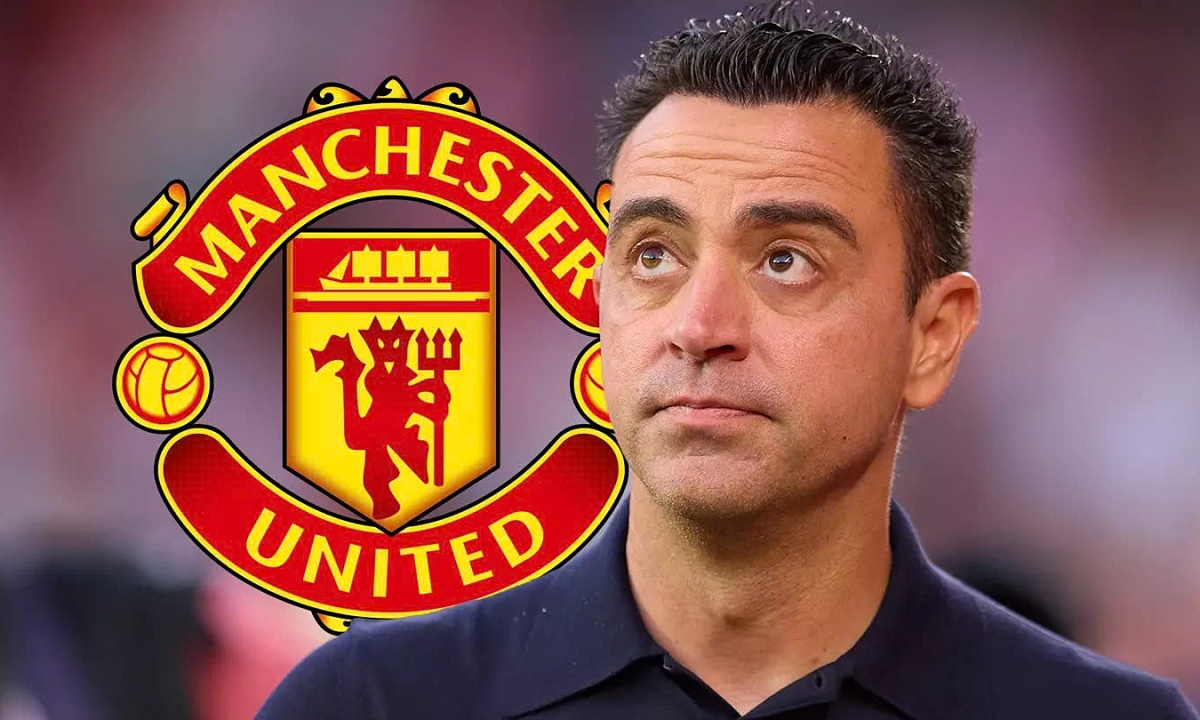
Another attractive option is Xavi Hernández, the Barcelona legend who has long hinted at an ambition to coach in the Premier League. After his stint with Barça, where he won La Liga and restored elements of the club’s possession-based DNA, Xavi is respected worldwide for his tactical clarity.
His availability is complicated by interest from Saudi Arabian clubs, which could offer astronomical salaries. Manchester United, however, remain one of the few European destinations capable of luring him with both financial backing and global prestige.
Xavi’s commitment to proactive, possession-dominant football would resonate with Old Trafford’s traditions. The question is whether United’s board would back him with the necessary patience and resources to build a project akin to his Barcelona tenure.
Zidane: The Galáctico Whisperer
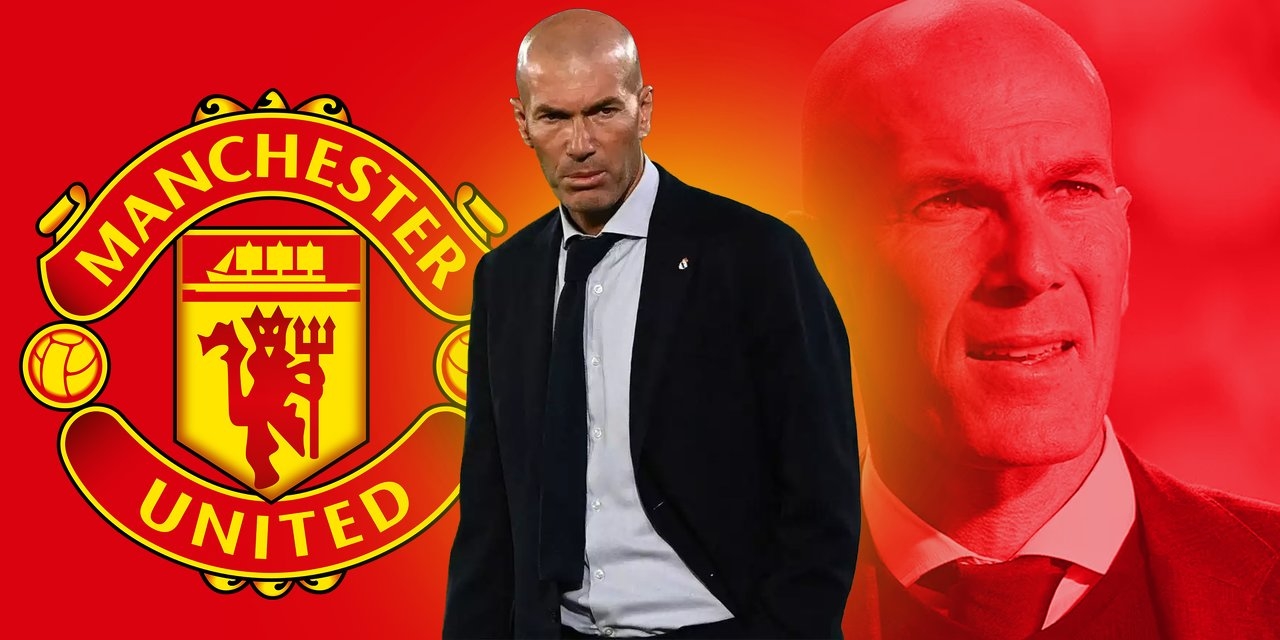
Few names command as much gravitas as Zinedine Zidane. The French icon has been linked with Manchester United before but turned down overtures, citing personal reasons and a lack of conviction in the club’s long-term strategy.
Zidane’s record at Real Madrid is nothing short of extraordinary: three consecutive Champions League titles and multiple domestic honors. His ability to manage egos, galvanize dressing rooms, and deliver on the biggest stages is unmatched among the current pool of available coaches.
Would Zidane consider United now? If the Red Devils present a coherent vision and substantial backing in the transfer market, there remains a chance. The lure of restoring a fallen giant might appeal to his competitive instincts—though convincing him would take more than just money.
Graham Potter: The Premier League Familiar Face
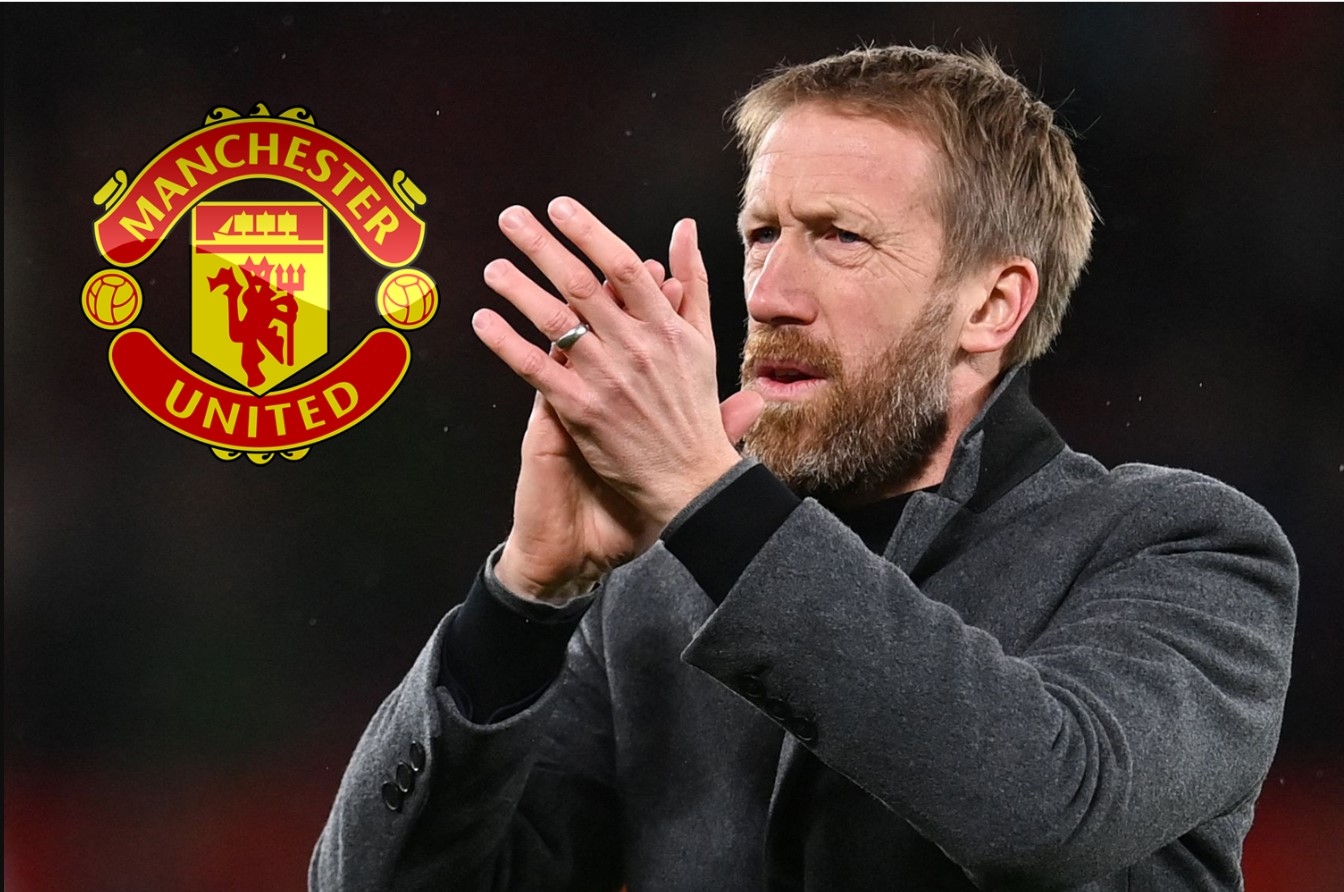
If United’s board seeks a short-term solution, Graham Potter could be a logical choice. Recently dismissed by West Ham after just eight months in charge, Potter is no stranger to Premier League football.
His reputation stems from his innovative work at Brighton & Hove Albion, where he built a cohesive unit on a modest budget. Although his Chelsea stint ended prematurely, Potter remains respected for his tactical flexibility and development of young players.
For United, he could serve as a stabilizing “firefighter” appointment while the club prepares for a longer-term managerial strategy. However, skeptics argue that Potter lacks the big-club aura required to command a dressing room filled with international stars.
Oliver Glasner: The Rising Force in England
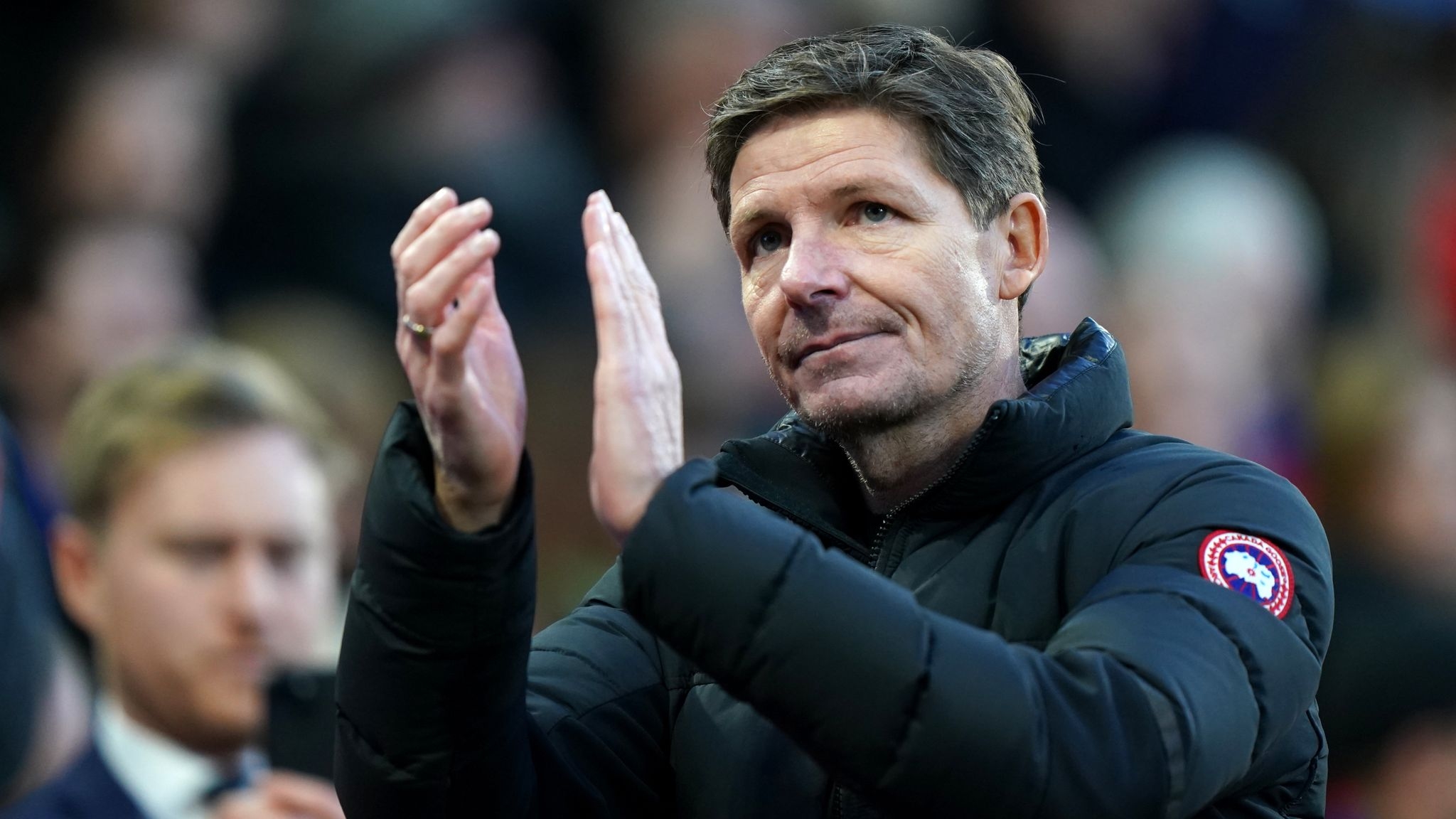
Perhaps the most compelling candidate on current form is Oliver Glasner. The Austrian tactician has transformed Crystal Palace into a formidable side, winning the FA Cup in 2024/25, lifting the Community Shield, and orchestrating an 18-game unbeaten streak in the Premier League.
Glasner’s tactical system, centered on a 3-4-2-1 formation, is modern, disciplined, and effective against elite opposition. His success with limited resources has turned heads across Europe, and United’s hierarchy is reportedly monitoring him closely.
At 50, Glasner strikes the balance between experience and modernity. His proven ability to deliver silverware in England enhances his credibility as a serious contender for the Old Trafford role.
Andoni Iraola: The Young Innovator
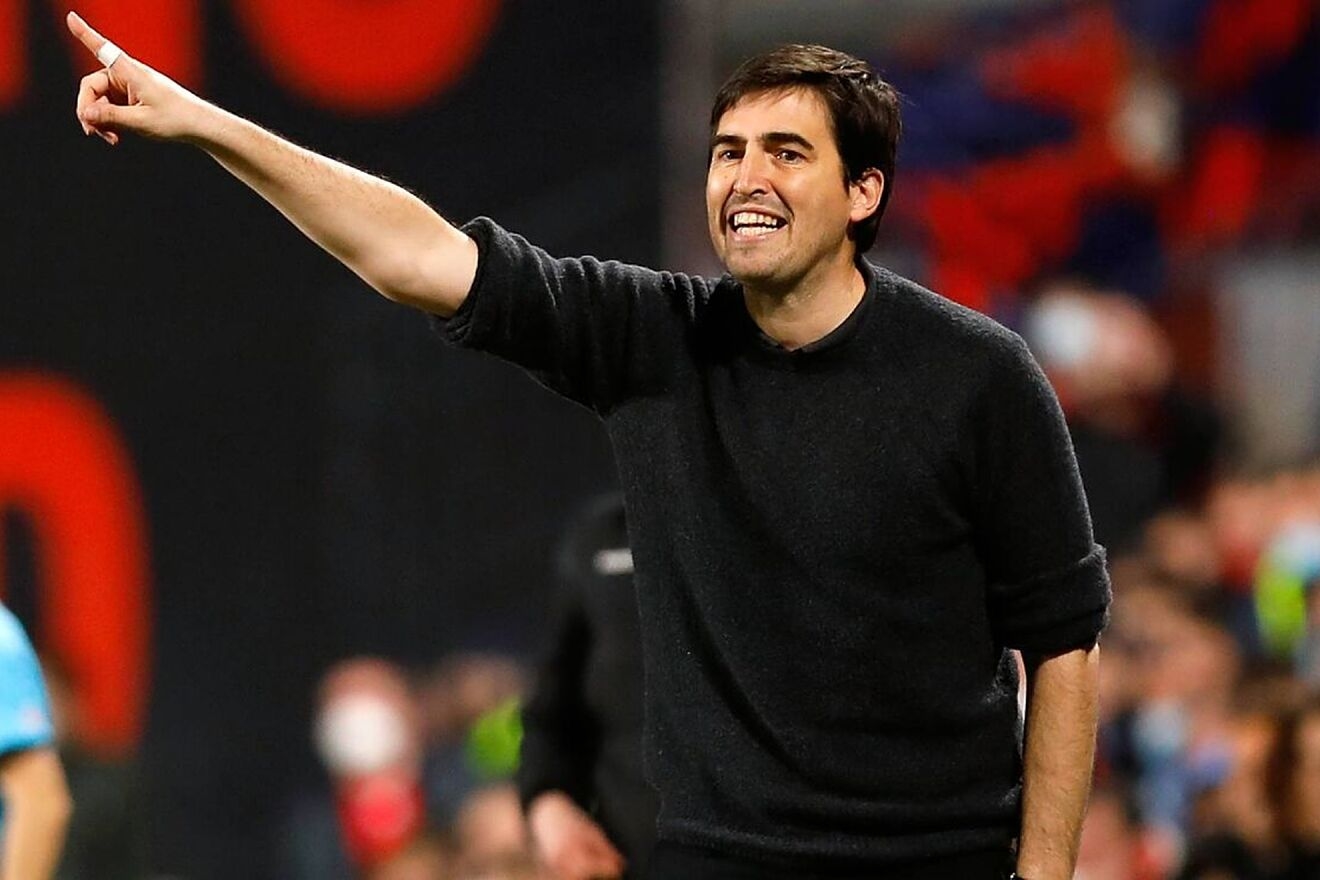
At just 43, Andoni Iraola represents a younger generation of managers making waves in the Premier League. His work with Bournemouth has been impressive, blending high-intensity pressing with creative transitions.
Iraola’s style mirrors elements of Jürgen Klopp’s “heavy-metal football”—a relentless approach that can overwhelm opponents. Just as importantly, he has earned a reputation for inspiring loyalty and energy from his squads.
For Manchester United, a club seeking both identity and intensity, Iraola could inject freshness. But would the board gamble on a relatively inexperienced coach when the club craves stability? That is the dilemma.
Ole Gunnar Solskjaer: The Romantic Return
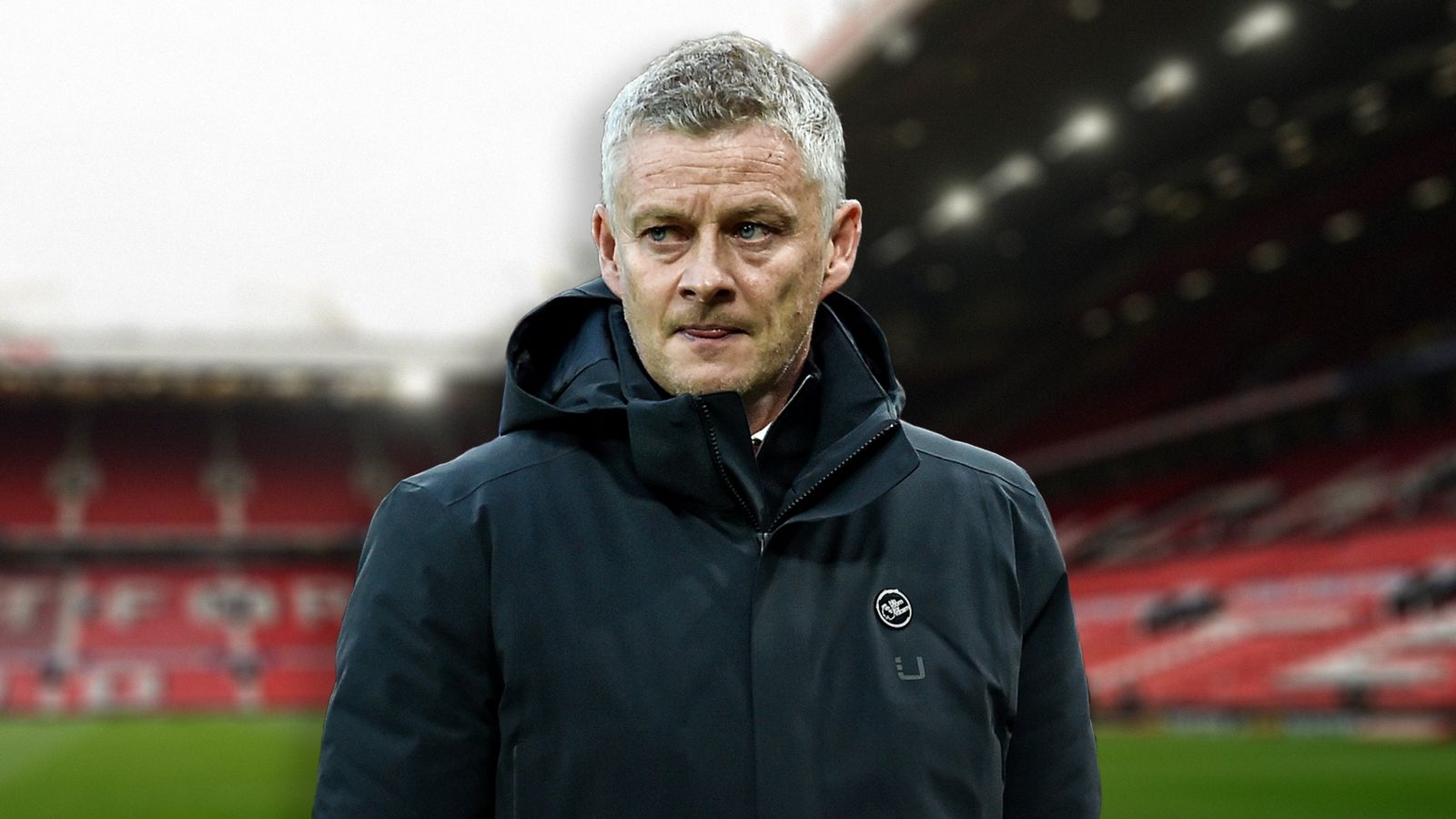
No discussion about potential replacements would be complete without mentioning Ole Gunnar Solskjaer. The Norwegian, dismissed by United in 2021, remains beloved by many fans for his tenure, which delivered exciting attacking football and memorable victories despite falling short of trophies.
Solskjaer’s United played with pace and directness, qualities supporters yearn for again. Moreover, he understands the club’s culture intimately, something few candidates can claim.
A return would be highly symbolic—both a gesture of unfinished business and an attempt to reconnect with fans disillusioned by recent years. However, critics argue that bringing Solskjaer back would be a step backward rather than a forward-looking solution.
The Bigger Picture: United at a Crossroads
The speculation surrounding Amorim’s potential dismissal highlights Manchester United’s broader challenges. The club has cycled through managers—Mourinho, Solskjaer, Rangnick, Ten Hag—without finding long-term stability. Each appointment has carried different philosophies, resulting in a patchwork identity on the pitch.
This managerial merry-go-round underscores the importance of the next decision. Choosing between pragmatists like Southgate, visionaries like Xavi, serial winners like Zidane, or modern innovators like Glasner and Iraola will shape United’s trajectory for years to come.
More than just selecting a manager, the board must decide what Manchester United should stand for: pragmatic stability, stylistic renaissance, or a bold long-term rebuild.
Conclusion: A Decision with Monumental Stakes
Manchester United are at another inflection point in their turbulent post-Ferguson era. Ruben Amorim’s future hangs by a thread, and the list of potential successors reads like a who’s who of European coaching.
Each candidate brings distinct strengths: Southgate’s man-management, Xavi’s possession mastery, Zidane’s winning aura, Potter’s familiarity with England, Glasner’s tactical discipline, Iraola’s youthful energy, and Solskjaer’s cultural connection.
For fans and board alike, the choice will be decisive. Pick correctly, and United could finally rediscover a coherent identity. Pick poorly, and the club risks sinking deeper into its cycle of instability.
As pressure builds, Old Trafford holds its breath. The next manager could either restore Manchester United to former glory—or become yet another name on the long list of failed experiments.

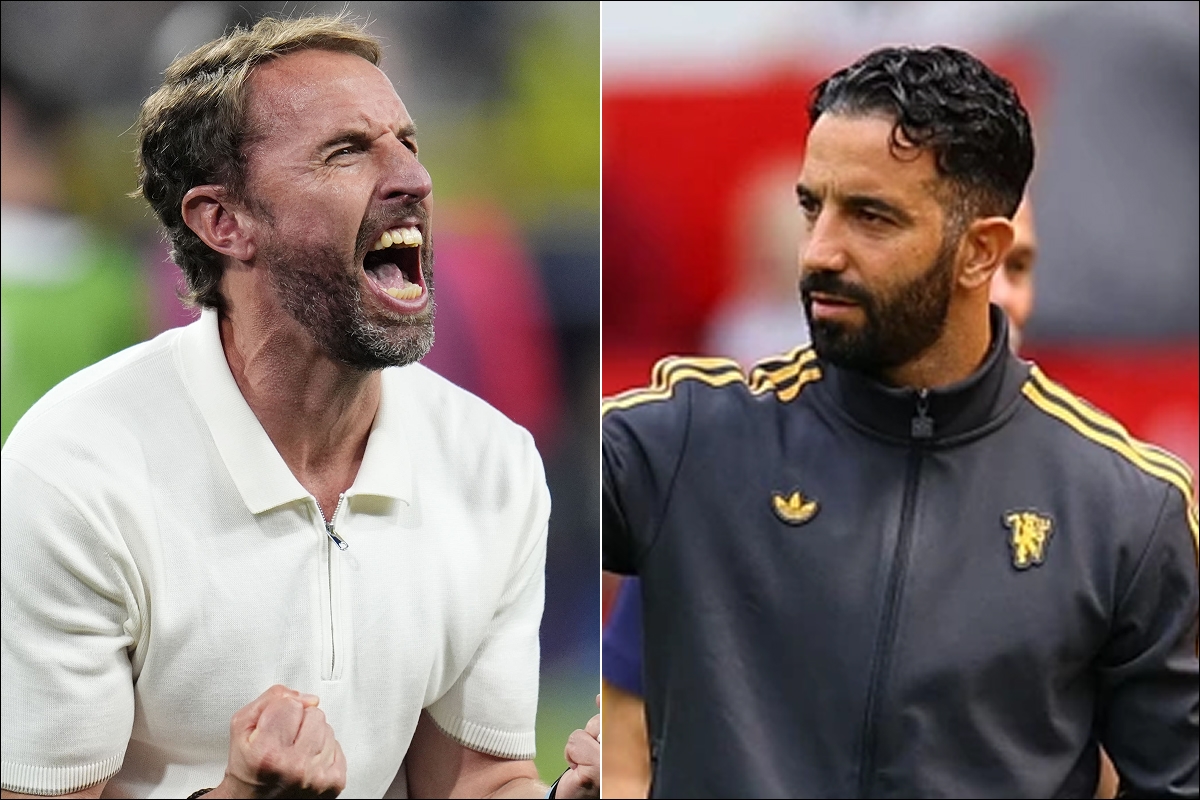
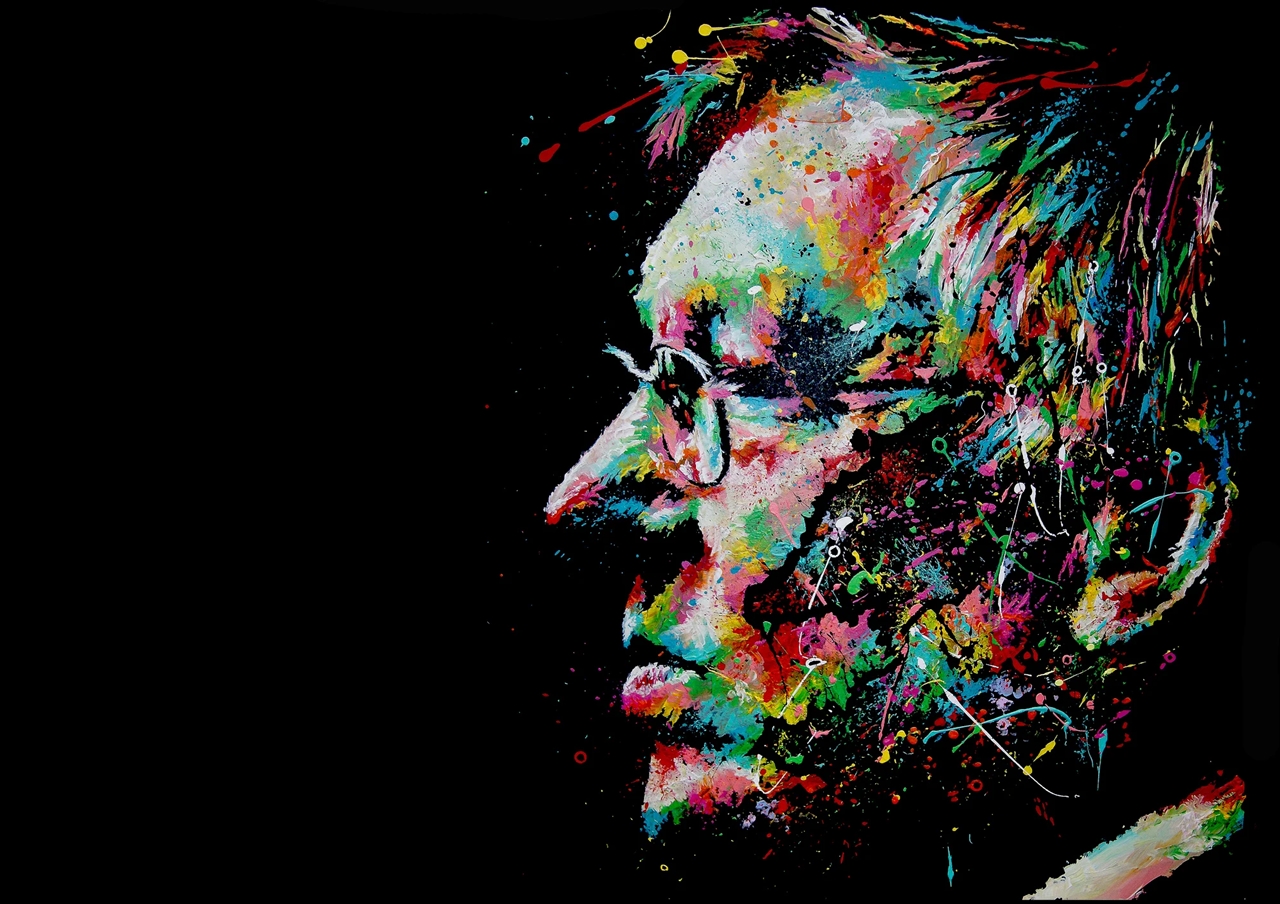
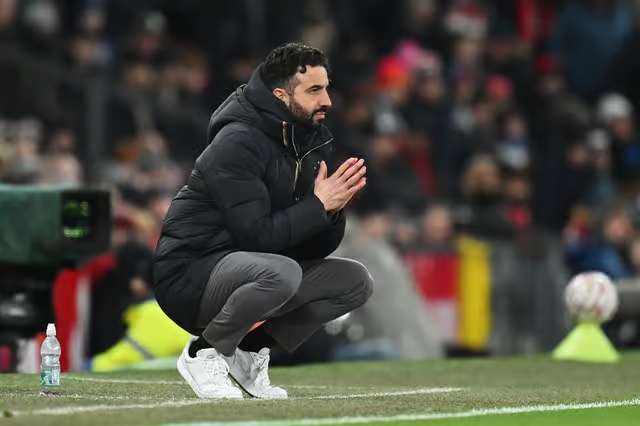
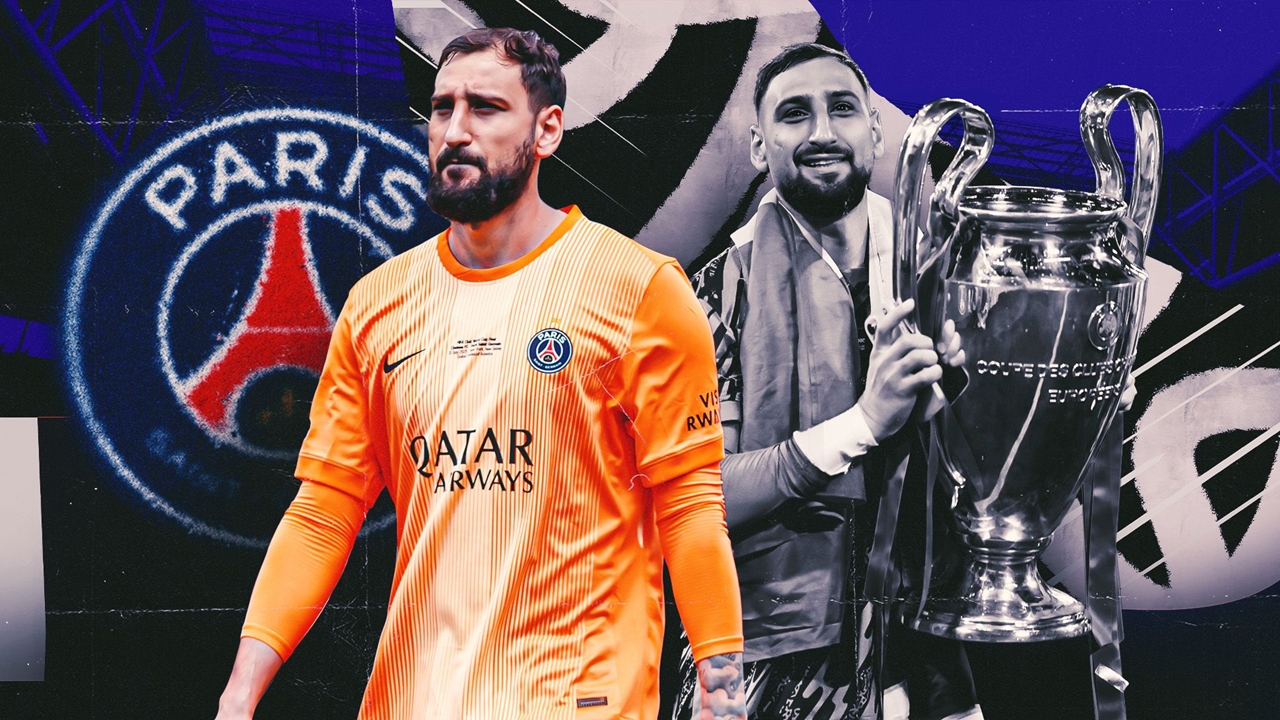

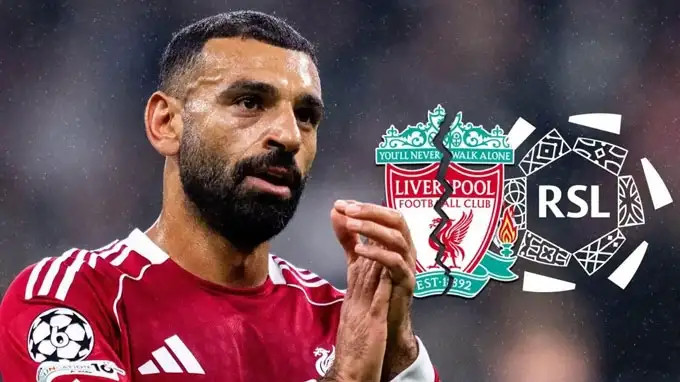
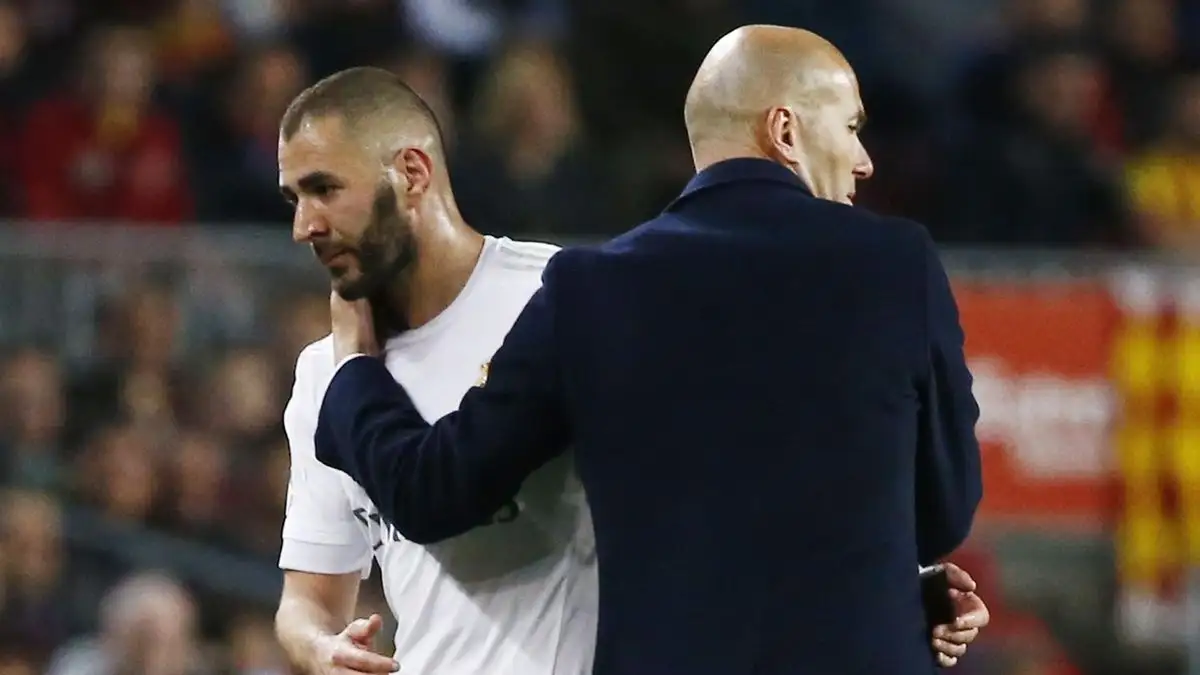
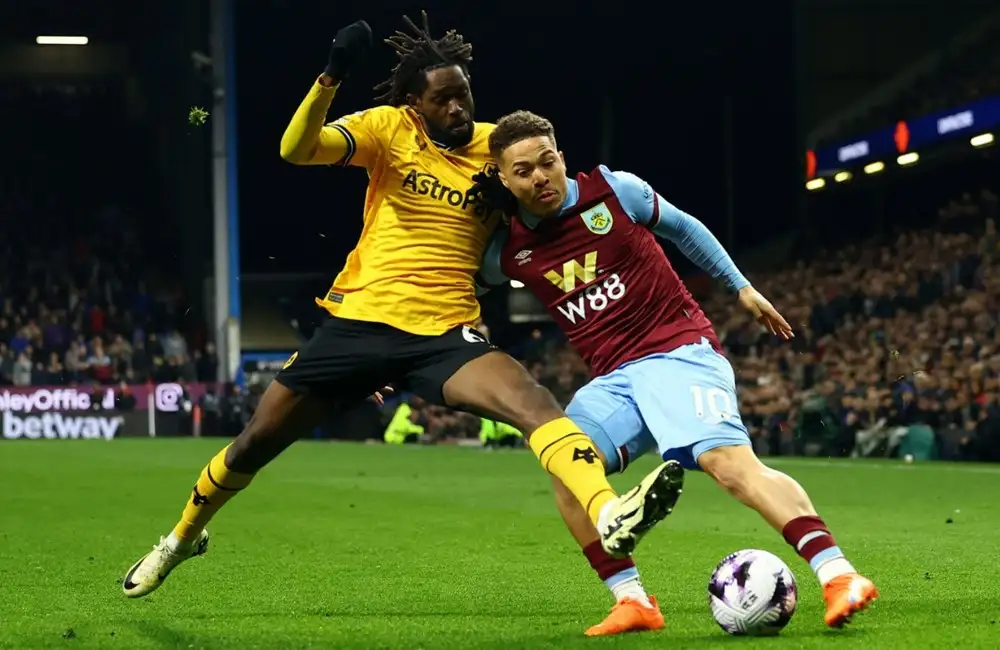

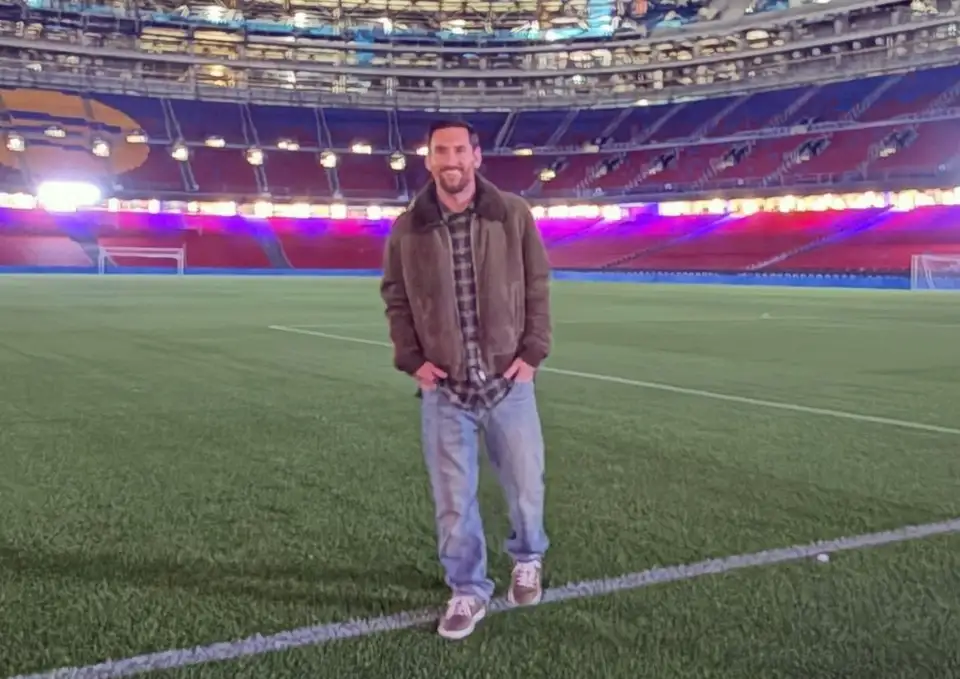
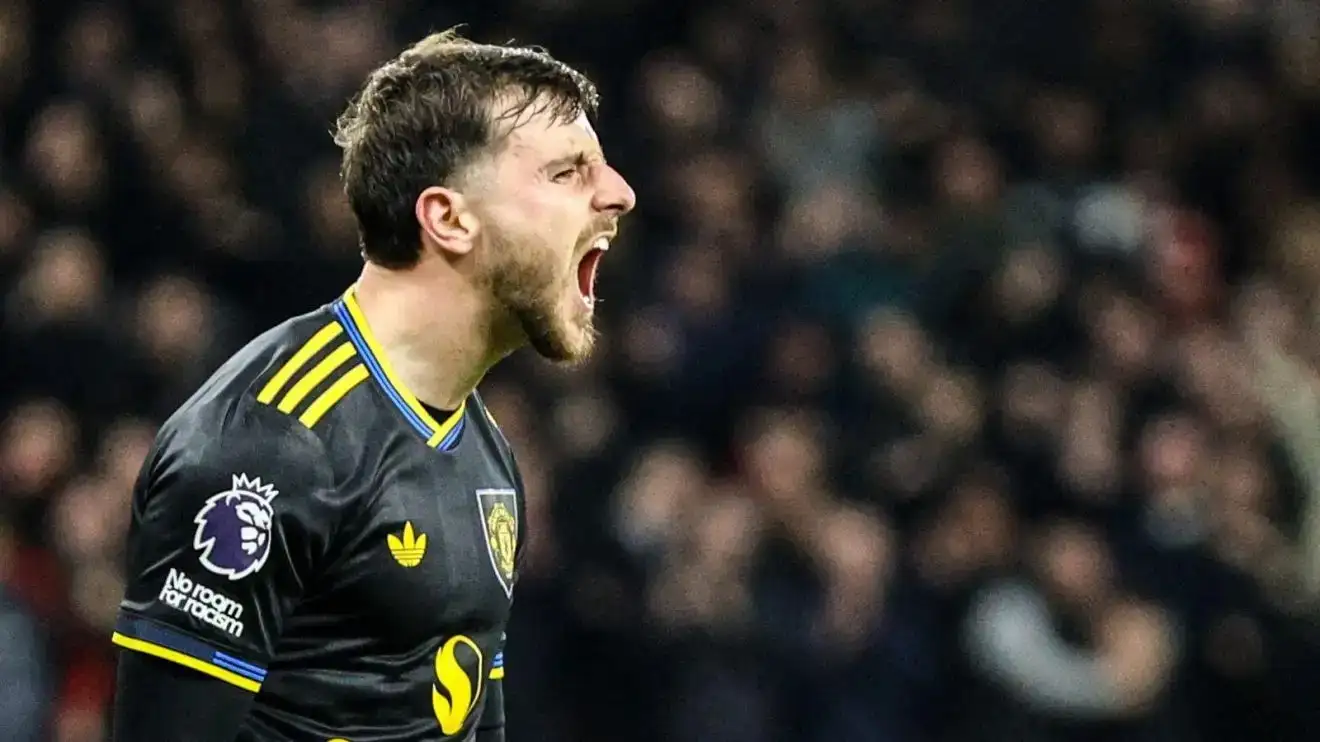
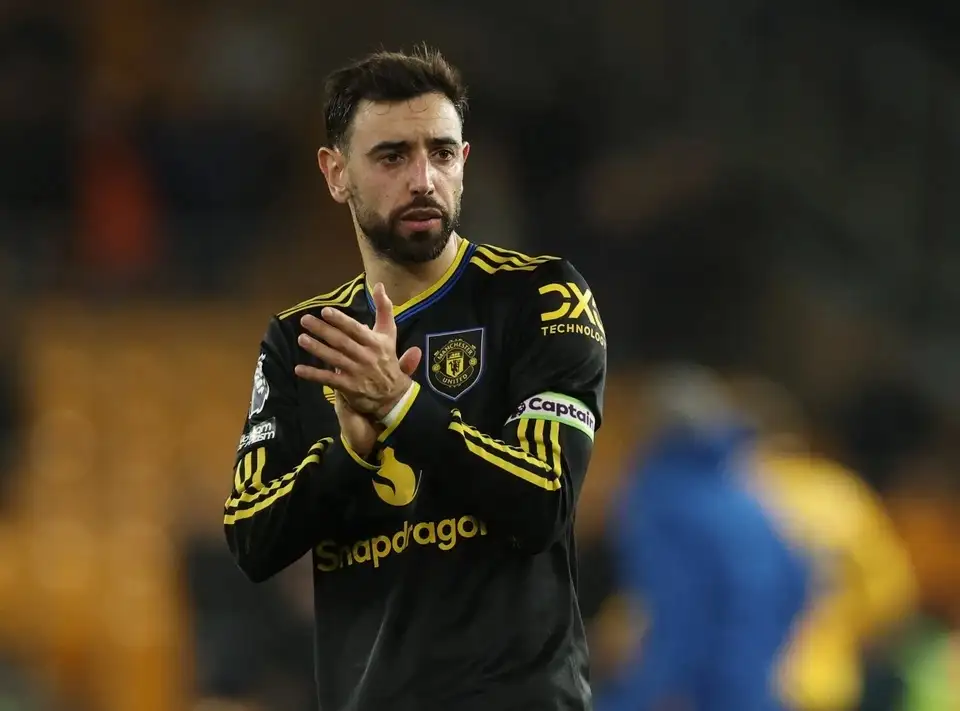

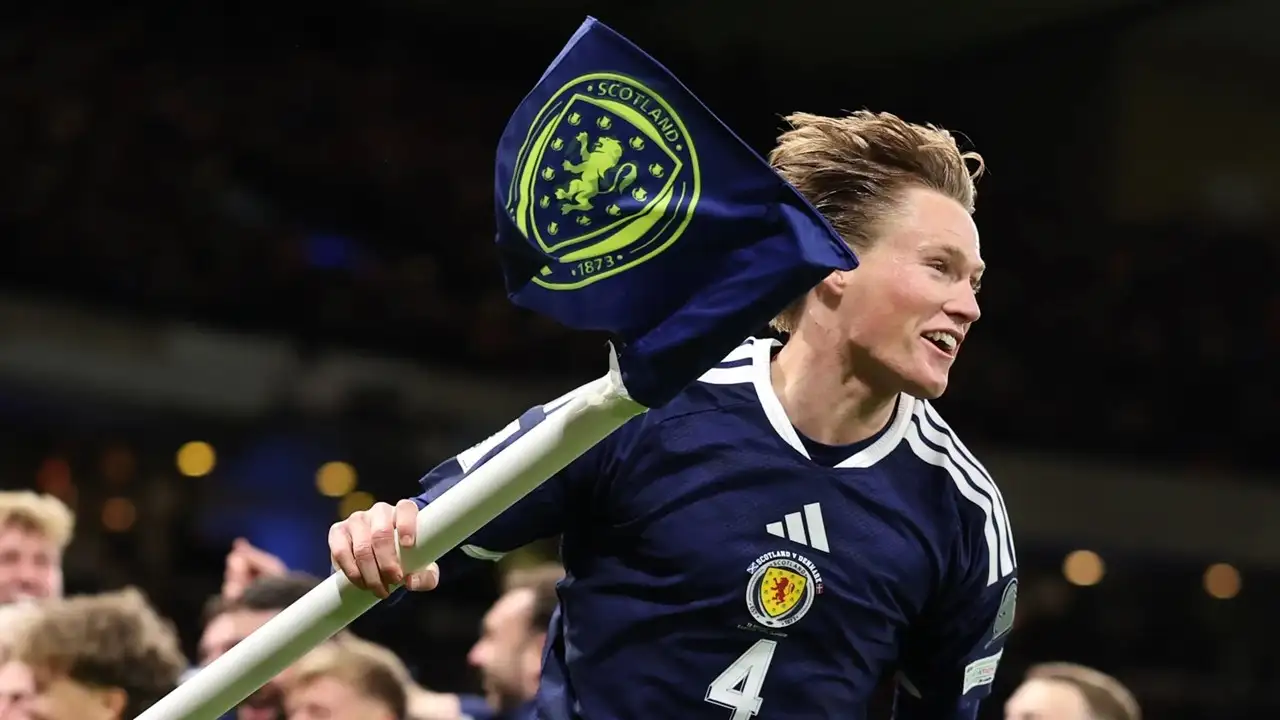
Leave a Reply